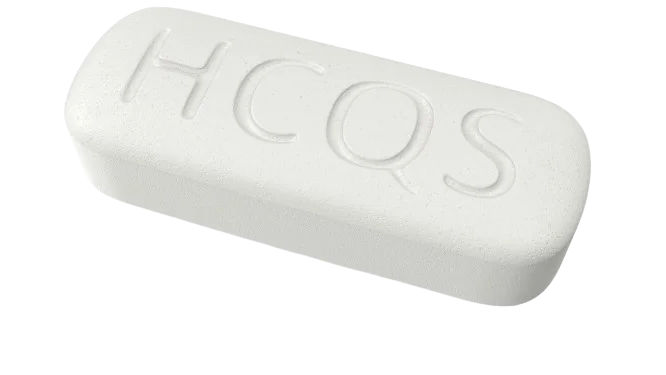- Sildenafil Citrate
- Sildenafil Citrate CT
- Vilitra
- Zudena
- Sildalis
- Snovitra Power
- Silvitra
- Megalis
- Modula
- Vidalista
- Stendra
- Tadalista
- Cenforce
- Fildena
- Sildenafil Citrate Soft Tabs
- Tadaga Gelatin Capsules
- Meltabs
- Ruagra Plus
- Edegra
- Generic Tadalafil
- Tadalafil
- Tadaga
- Tadalis Soft Gel Capsules
- Apcalis Oral Jelly
- Apcalis
- Sildigra Softgel Capsules
- Tadalis
- Kamagra Polo
- Tadalis Soft Tabs
- Generic Levitra
- Vardenafil
- Penegra
- Suhagra
- Snovitra Super Power
- Sildenafil Citrate Professional
- Kamagra Fizz
- Snovitra Professional
- Sildenafil Citrate Oral Jelly
- Sildenafil Citrate Soft Gel Capsules
- Kamagra
- Caverta
- Kamagra Oral Jelly
- Zenegra
- Silagra
- Forzest
- Aurogra
- Kamagra Effervescent
- Sildamax
- Tadalis Oral Jelly
- Tadacip
- Actilis
- Fildena Chewable Tablets
- Fildena Professional
- Fildena Super Active
- Filitra
- Lovento
- Tadarise
- Avanafil
- Cenforce Professional
- Cenforce Soft
- Fildena Double
- Fildena XXX
- Malegra Oral Jelly
- Cernos Gel
- Testoheal
- Maxgun Sublingual Spray
- Filagra
- Manforce
- Sildalist
- Sildigra
- Tadora
- Tastylia
- Vega
- Vigora
- Zeagra
- Tazzle
- Tadalista Super Active
- Valif
- Vidalista Black
- Avana
All Categories
More Categories




I use hydroxychloroquine for my lupus problem. It offers me great help. I buy hydroxychloroquine tablets online from this store. It offers me great deals on bulk supply.